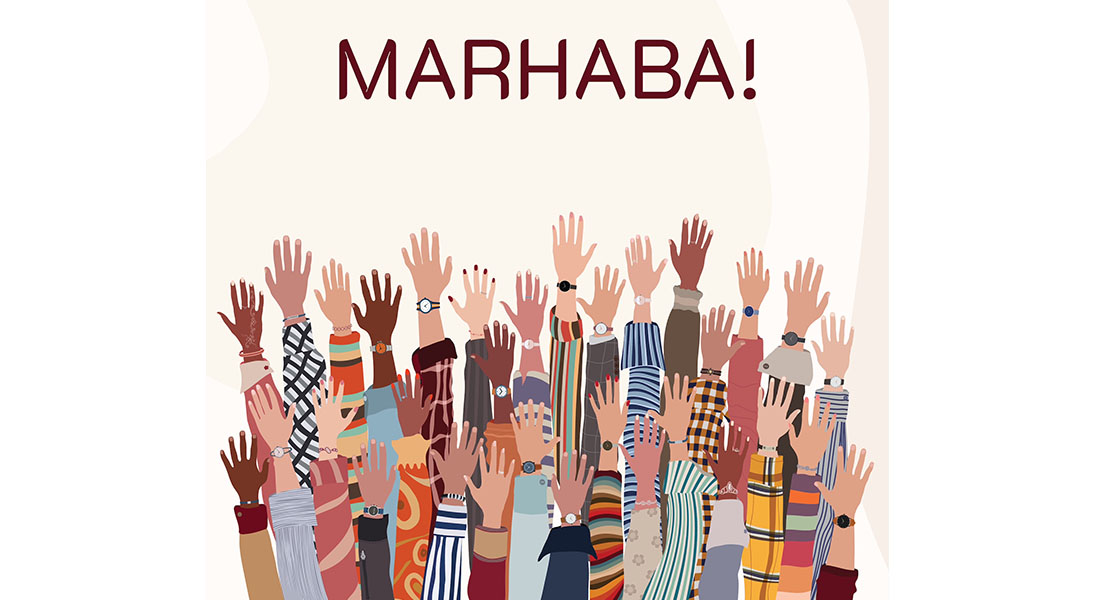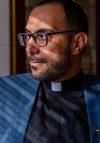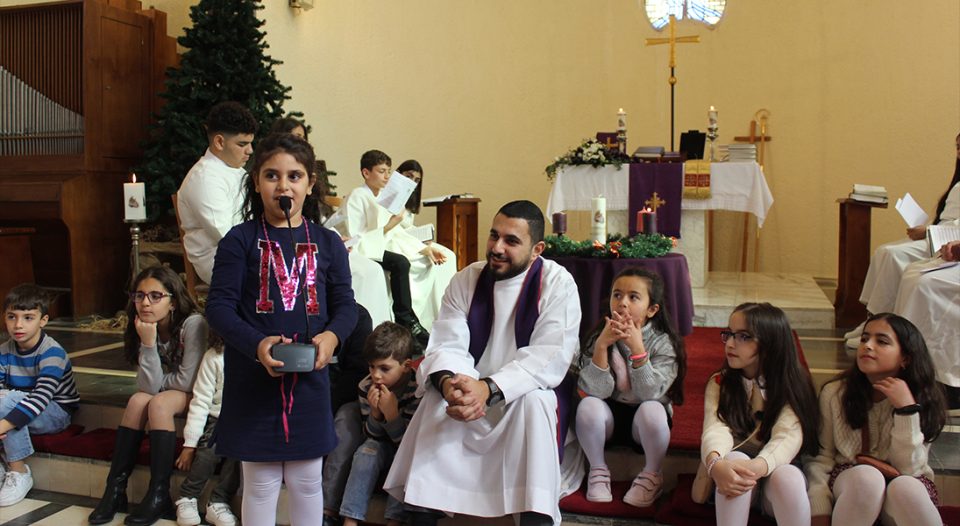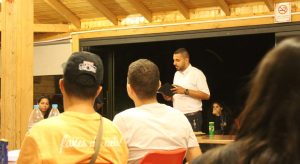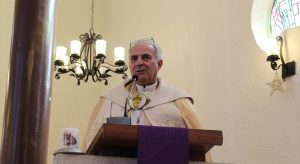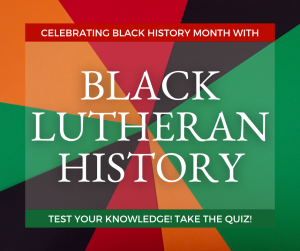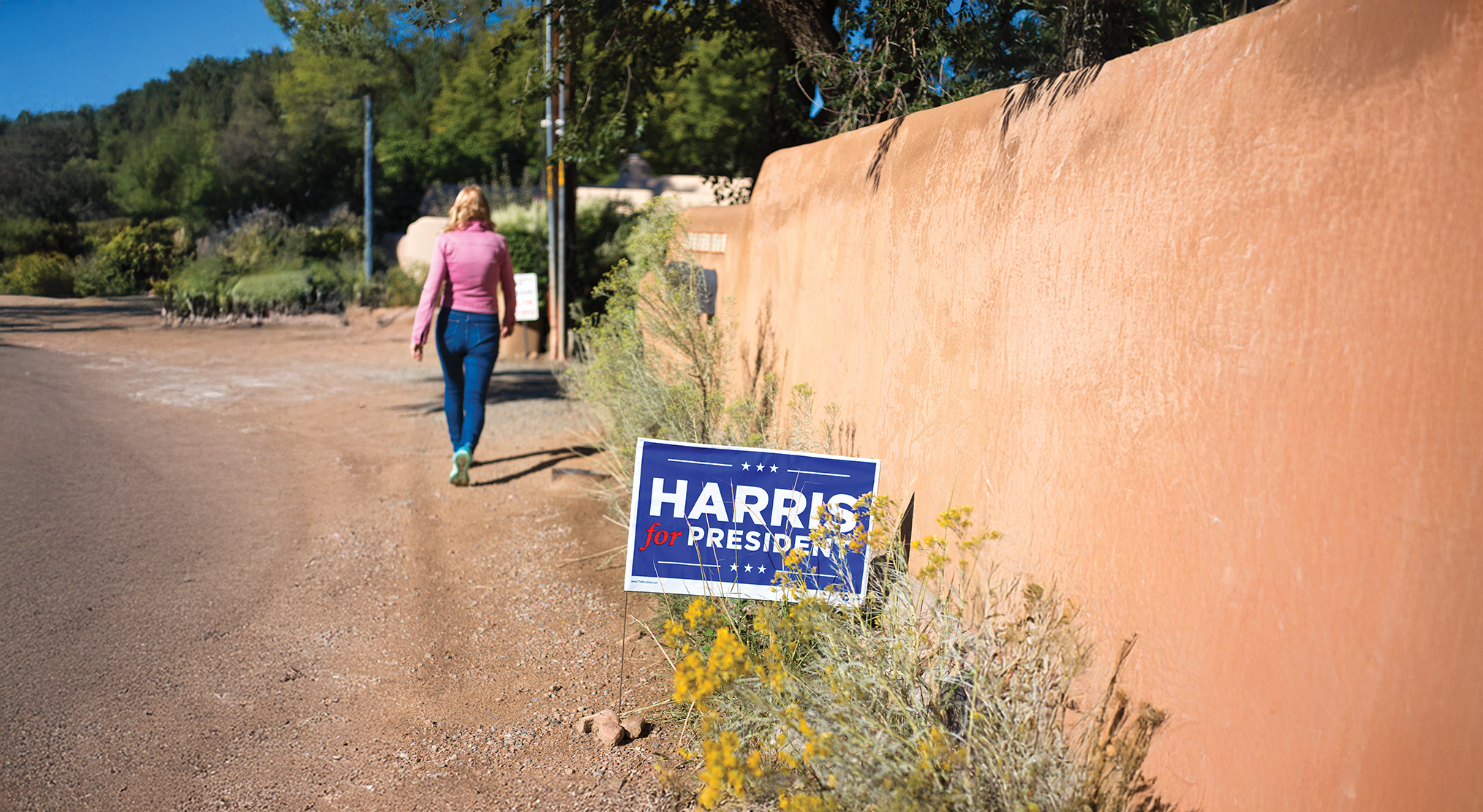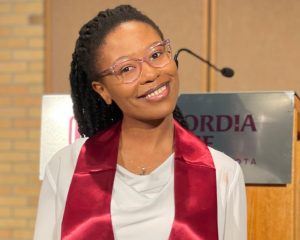In celebration of Native American Heritage Month which is celebrated in the United States in November, we share the following article which is cross-posted from Living Lutheran. The original post can be found here.
Observing Native American Heritage Month
ELCA Indigenous Ministries and Tribal Relations events
November 12, 2025
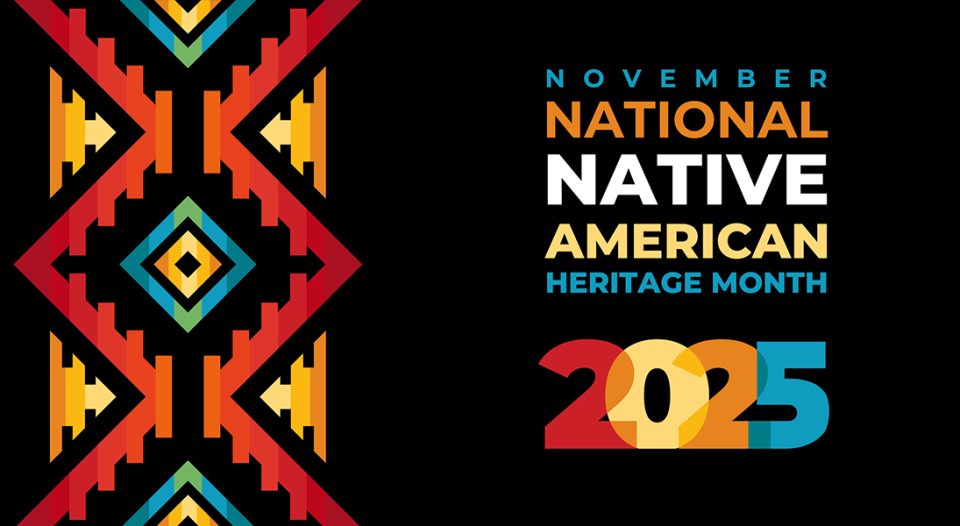
ELCA Indigenous Ministries and Tribal Relations is a program team of ELCA Ministries of Diverse Cultures and Communities, which focuses on fostering relationships rooted in mutual respect, spiritual solidarity and cultural understanding. For November, the team is asking the church, its congregations, its members and its affiliated ministries to seek ways in which to observe Native American Heritage Month. Here are two possible ways that you might participate.
Vine Deloria Jr. Theological Symposium | Nov. 10-12
Hosted by the Lutheran School of Theology at Chicago (LSTC) in partnership with Indigenous Ministries and Tribal Relations, the annual Vine Deloria Jr. Theological Symposium honors the renowned Indigenous scholar, activist, theologian and LSTC alum, who died in 2005 at age 72. For the 15th annual symposium, community leaders, students and faith leaders will gather to discuss Indigenous justice, theology and decolonization under this year’s theme, “Challenged and Transformed: A Vision for the Church.”
Throughout his life, Deloria routinely challenged systems of power—the church, the U.S. government, anthropological scientists—to acknowledge the validity of (and pursue justice for) all Indigenous peoples. He tirelessly advocated for Indigenous representation, access, acknowledgement and acceptance. This year’s educational celebration of his legacy will begin with a lecture by Robert Two Bulls, an enrolled member of the Oglala Lakota Oyate who serves the Episcopal Church as missioner for the Department of Indian Work.
Manuel Retamoza, a citizen of the Cherokee Nation and a pastor of both St. Andrew Lutheran Church and the Border Church in San Diego, serves as a planning team member for the symposium. Retamoza, who has previously preached and presented at the symposium, was asked what his hopes are for attendees of this annual event. “I want the attendees to hear how Vine’s words continue to resonate in our culture and within the Christian Church,” he said. “I hope that attendees will leave with a deeper understanding of the complex intersections between the Christian faith, justice and Indigenous rights. I pray that the discussions will inspire a renewed commitment to solidarity, advocacy and action. As Christians, we are called to love our neighbors and seek justice; I hope that this symposium will challenge attendees to consider how they can live out these values in their own lives and communities.”
All are welcome to attend the symposium, which will include a lecture, two panel presentations and a special chapel service, either online or in person. No registration is required. Visit the official event webpage on the LSTC website for more information and links to the Zoom sessions.
National Day of Mourning | Nov. 27
The National Day of Mourning started as a protest demonstration in 1970, in Patuxet (currently known as Plymouth, Mass.), after Wamsutta Frank James of the Wampanoag people, who had been invited to speak at a Thanksgiving celebration, was prohibited from speaking on the continued effects of colonial settlement. Today groups such as United American Indians of New England (UAINE) commemorate that incident by hosting events, activities and demonstrations every fourth Thursday in November to call attention to the ongoing oppression, genocide and struggles faced by Indigenous peoples. The National Day of Mourning offers an alternative Thanksgiving story rooted in truth and shared annually for the sake of increased public education, sustainable remembrance and continuing demands for justice.
On Nov. 27, all are invited to join Jennifer De Leon, ELCA director for racial justice, and other ELCA leaders on Cole’s Hill in Patuxet for a public demonstration. De Leon, in partnership with ELCA Indigenous Ministries and Tribal Relations, has spearheaded many November trips to the National Day of Mourning events hosted by UAINE, which have included participation by synodical bishops, ELCA staff, leaders of affiliate ministries and members of local congregations. In a recent interview with Justice Nichols, program coordinator for Indigenous Ministries and Tribal Relations, De Leon said: “While the focus is on lifting up the ongoing impact of colonization and the theft of Native land on Native peoples today, all forms of oppression were acknowledged—such as the attacks on immigrants and the war on Gaza.”
Nichols also spoke with Phoebe Morad, executive director for Lutherans Restoring Creation. Morad grew up near Patuxet and learned from her Indigenous neighbors that she could show up to National Day of Mourning events and provide support as an uninvited Christian. Morad emphasized the importance of taking accountability through participating in the events every year and actively listening to every speaker. She recounted being present when the granddaughter of Aquinnah Wampanoag activist Wamsutta Frank James read the letter he had attempted to share on that first Day of Mourning. She was also present to witness another young woman, a Palestinian American, “as she conveyed the violent assault on the Indigenous people of her home country,” reminding those gathered that colonialism continues to wreak havoc on the world.
Morad stressed the importance of demonstrating publicly on behalf of the most vulnerable when overindulgence is standard practice and not even your employer expects you to show up. She knows how much showing up over the years helped her to grow as a person, especially in the month of November. “To reflect on these truths on any other, more convenient day, I believe, misses the point,” she said. “The dissonance made every word, every step of the subsequent march together more impactful … especially when I connected later with my extended family around the dining room table.”
To stand in solidarity with Indigenous peoples and further support the Truth and Healing Movement efforts of the Indigenous Ministries and Tribal Relations team, join De Leon, Morad and other ELCA members on Nov. 27 in Patuxet for the annual demonstration.
Learn more
Details for both of these events will be shared on the ELCA’s Truth and Healing Movement webpage. For more information, please contact Vance Blackfox (vance.blackfox@elca.org), director of ELCA Indigenous Ministries and Tribal Relations.









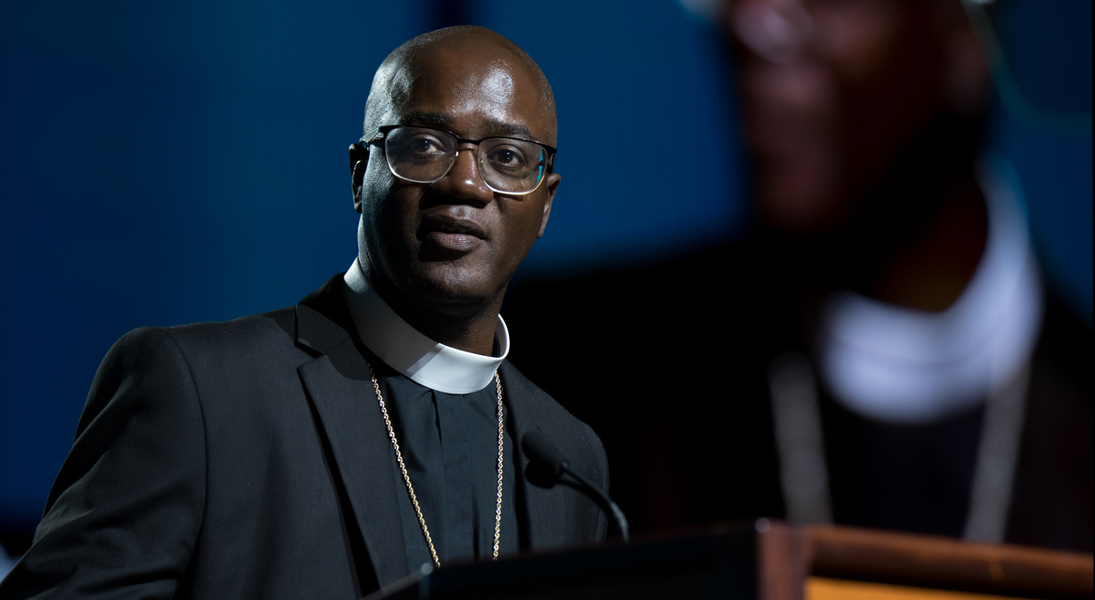
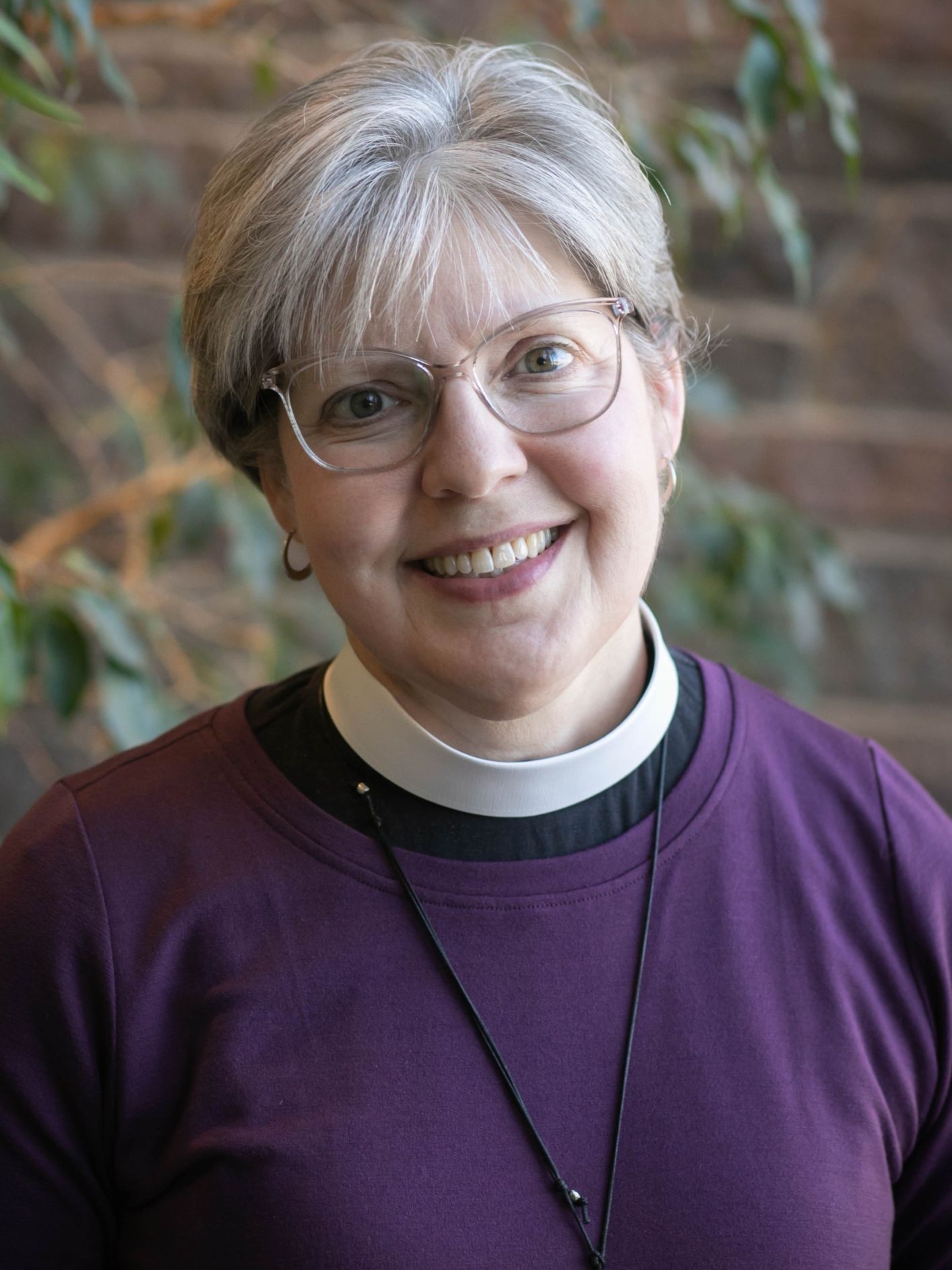 By Bishop Jen Nagel
By Bishop Jen Nagel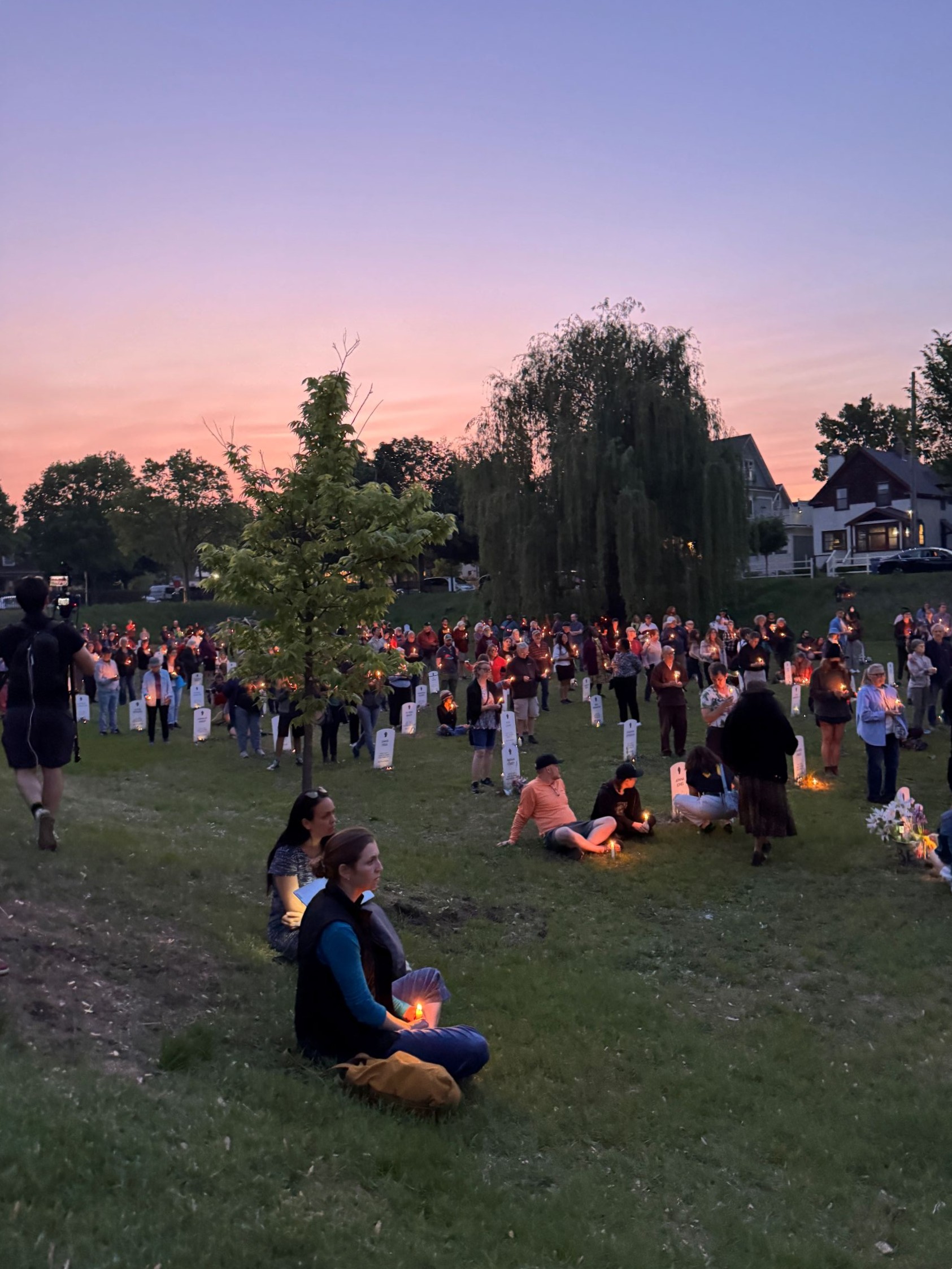
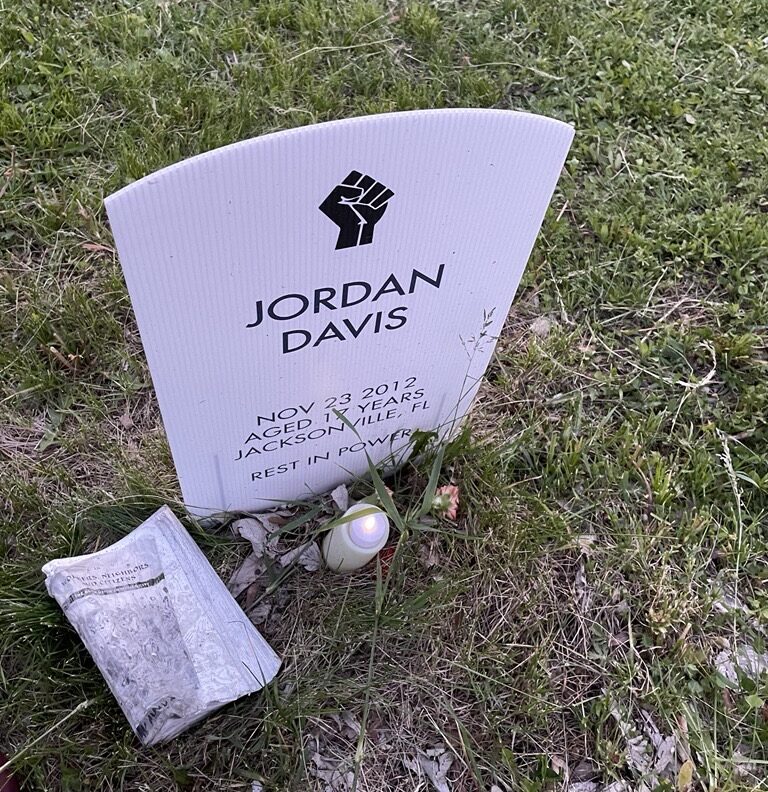 Holding space.
Holding space. 